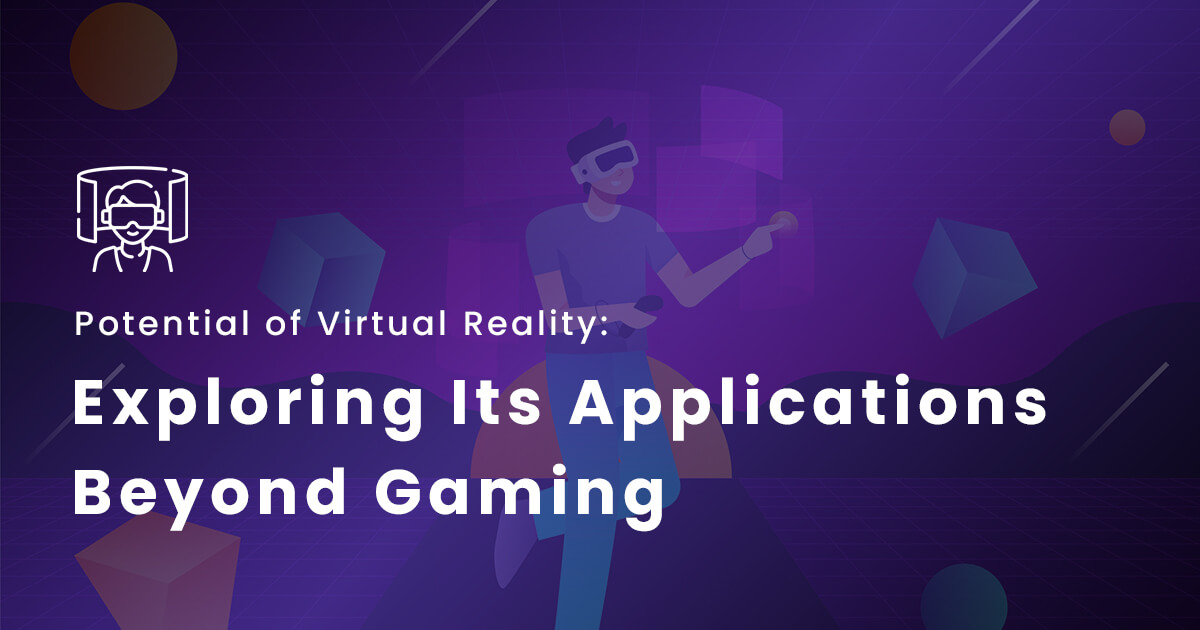Virtual Reality (VR) technology, once primarily associated with immersive gaming experiences, is now expanding its horizons into various fields, revolutionizing the way we interact with the world. Let’s delve into some innovative applications of VR beyond gaming:
Table of Contents
ToggleVirtual Crime Scenes
In courtrooms, VR is emerging as a crucial tool for reconstructing crime scenes and presenting visual evidence to jurors. By providing immersive reconstructions, VR enhances jurors’ understanding of complex crime scenes, surpassing traditional photographs and exhibits. From murder trials to car accidents and personal injury claims, VR aids in recreating scenarios and aiding witness memory recall, potentially leading to more informed verdicts.
Virtual Shopping
Major brands like Top Shop, IKEA, Walmart, and Sephora are harnessing VR and Augmented Reality (AR) to revolutionize the shopping experience. Through 3D visual representations, VR enables customers to virtually interact with products, facilitating a “try-before-you-buy” approach. With virtual payment gateways, shoppers can enjoy the convenience of shopping from the comfort of their homes, enhancing customer engagement and satisfaction.
VR in Education
Studies have shown that VR significantly enhances learning outcomes by improving memory recall and comprehension. Educational institutions are leveraging VR to create immersive learning experiences that transcend traditional teaching methods. By visualizing complex concepts and enabling interactive group activities, VR fosters engagement and understanding among students, unlocking new avenues for educational exploration.
Museums
VR technology is transforming the museum experience, offering visitors unprecedented access to immersive exhibitions. Museums like Philadelphia’s Franklin Institute are utilizing VR to transport visitors to distant worlds, explore historical events, and delve into scientific phenomena. From driving a Ford GT40 to time-traveling through history, VR enriches museum visits, making learning engaging and accessible to all.
Military Training
In military training, VR simulations are revolutionizing how soldiers prepare for combat scenarios. By replicating real-life situations in a virtual environment, VR training offers a safe and cost-effective alternative to traditional methods. Soldiers can undergo realistic battlefield simulations, practice essential tasks, and develop critical skills without the inherent risks of live training exercises. Additionally, VR is being used to rehabilitate soldiers suffering from PTSD and aid in medical treatment by providing immersive therapy experiences.
As VR continues to evolve and innovate, its potential applications beyond gaming are boundless. From enhancing courtroom proceedings to revolutionizing education, shopping, museums, and military training, VR is reshaping various aspects of our lives. With continued advancements in technology and widespread adoption, VR promises to usher in a new era of immersive experiences, transforming how we perceive and interact with the world around us.




